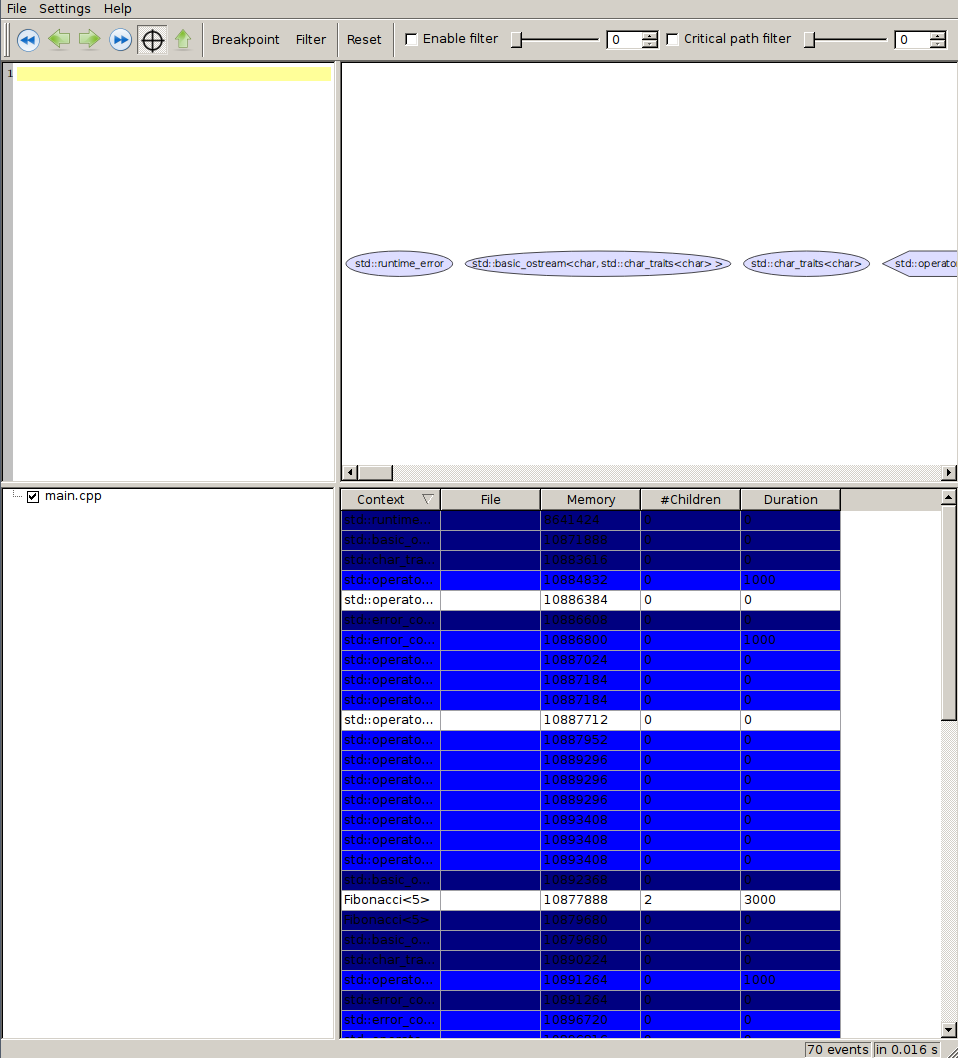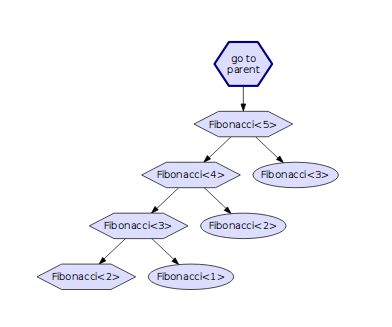eddic 1.2.4: New Boost Spirit X3 parser and minor cleanups
After almost 2 years, the new version of eddic (the compiler of the EDDI programming language) is out! eddic 1.2.4
I haven't worked a lot on this project in the last years, I have been busy with my Ph.D. related projects (ETL and DLL), my operating systems, cpm, ... I've mostly worked on the parser to test the new version of Boost Spirit: X3. This will be described on the next section, with the other changes in the later section.
New Boost Spirit X3
Boost Spirit X3 is a completely revamped version of Boost Spirit X3. It's aimed at performance, both at compile-time and at runtime and uses recent features of modern C++. It's not compatible with Boost Spirit Qi, so you'll most likely have to rewrite a lot of stuff, in the parser, in the Abstract Syntax Tree (AST) and in the AST passes as well.
For reference, I'm using the Boost 1.59 version.
Pros
Let's start with the pros.
First, the runtime performance is definitely better. Parsing all my eddi test cases and samples, takes 42% less time than with the previous parser. It is important to know that the old parser was very optimized, with moves instead of copies and with a static lexer. You can take a look at this post to see what was necessary to optimize the old Qi. I think it's a good result since the new grammar does not use a lexer (x3 does not support it) and does not need these optimizations. This improvement really was my objective. I'll try to push it farther in the future.
Compile-time performance is also much better. It takes 3 times less time to compile the new parser (1 minute to around 20 seconds). Moreover, the new parser is now in only one file, rather than being it necessary to split it all over the place for compile-time performance. Even though it's not really important for me, it's still good to have :)
Especially due to the performance point, I've been able to remove some code, the lexer, the generated static lexer and the special pointers optimizations of the AST.
Cons
Unfortunately, there are some disadvantages of using the new Spirit X3.
First, the AST needs to be changed. For good parsing performance, you need to use x3::variant and x3::forward_ast. This is a major pain in the ass since x3::variant is much less practical to use than boost::variant. Almost everything is explicit, meaning uglier code than before, in my opinion. Moreover, you need to work around x3::forward_ast for boost::get, whereas boost::recursive_wrapper was working better in that matter. I've had to create my own wrapper around boost::get in order to be able to use the new tree. In my opinion, this is clearly a regression.
Secondly, although X3 was also meant to remove the need to use some hacks in the grammar, I ended up having more hacks than before. For instance, many AST node have a fake field in order to make X3 happy. I've still had to use the horrible eps hack at one place. I've had to create a few more rules in order to fix type deduction that is working differently than before (worse for me). And for some reasons, I had to replace some expectations from the grammar to make it parse correctly. This is a really important regression in my opinion, since it may make the parsing slower and will make the error message less nice.
The previous error handling system allowed me to track the file from which an AST node was parsed from. Although the new error handler is a lot nicer than the old system, it does not have this feature, so I had to work around this by using new annotation nodes and a new global handler. Overall, it's probably a bit worse than before, but makes for lighter AST nodes.
Finally, for some reason, I haven't been able to use the debug option of the library (lots of compile time errors). That complicated a bit the debugging of the parser.
Spirit X3 or Spirit Qi ?
Overall, I have to say I'm a bit disappointed by Spirit X3. Even though it's faster at runtime and faster to compile, I was really expecting less issues with it. What I really did not like was all the changes I had to make because of x3::variant and x3::forward_ast. Overall, I really don't think it was worth the trouble porting my parser to Spirit X3.
If you have a new project, I would still consider using Boost Spirit X3.
If you have an existing parser, I would probably not advice porting it to X3. Unless you really have issues with parsing performances (and especially if you have not already optimized QI parser), it's probably not worth the trouble and all the time necessary for all the changes.
Other changes
The other changes are much more minor. First of all, I've gotten rid of CMake. This project has really made me hate CMake. I have actually gotten rid of it on all my projects. I'm now using plain Makefiles and having a much better time with them. I've also replaced boost Program Options with cxxopts. It's a much more modern approach for program options parsing. Moreover, it's much more lightweight and it's header only. Only advantages. There also have been lots of changes to code (still not very good quality though).
Future
eddic was my first real project in C++ and this can be seen in the code and the organization. The quality of the code is really bad now that I read it again. Some things are actually terrible :P It's probably normal since I was a beginner in C++ at the time.
For the future version of the compiler, I want to clean the code a lot more and focus on the EDDI language adding new features. Moreover, I'll also get rid of Boost Test Framework by using Catch (or doctest if it is ready).
As for now, I'm not sure on which project I'm going to focus. Either I'll continue working on the compiler or I'll start working again on my operating system (thor-os) in which I was working on process concurrency (without too much success :P). I'll probably post next updates on this post in the coming months.
Download
You can find the EDDI Compiler sources on the Github repository
The version is available in the v1.2.4 tag available in the GitHub repository, in the releases pages or directly in the <em>master</em> branch.


